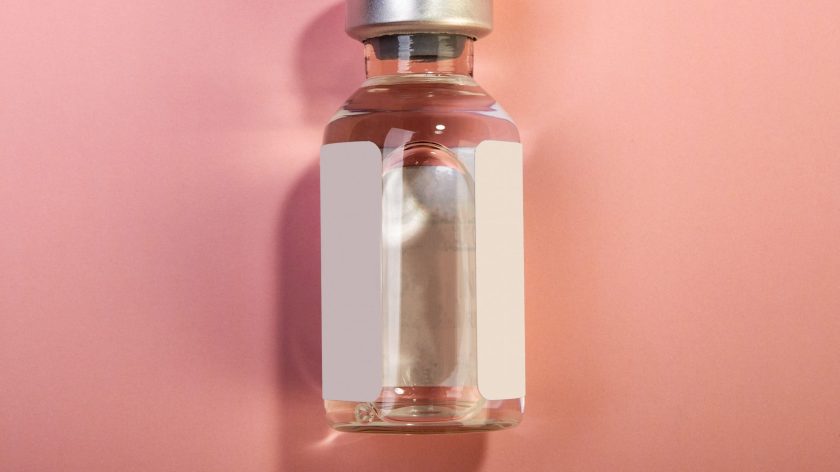Police in China have brought down a large drug operation involving the sale and distribution of over $6m AUD of illegally imported hyaluronic acid, Vitamin C and anti-wrinkle injections. 5 suspects believed to be behind the sale have been arrested, for endangering public health and not adhering to medical standards.
It is believed that the illegal injectables were sold to over 1000 buyers across Eastern China, totaling over $6 million in sales over a 6 month period. The investigation was sparked by a random inspection of a salon in Changde city, where the ownership and administration of counterfeit products and unlicensed equipment was discovered. Authorities then traced these back to another salon owner in Changchun, Jilin province, identified in the media only as Zuo. He is said to have been selling the cosmetic drugs and equipment via popular mobile chatting app WeChat.
A raid of Zuo’s warehouse turned up over 2,300 bottles of illegally imported hyaluronic acid, among other medicines including counterfeit anti-wrinkle and Vitamin C injections, plus invoices demonstrating the sale of over $30 million yuan’s worth of product. It is not currently known where these products originated from.
These types of operations are thought to be extremely common in China. According to the China Association of Plastics and Aesthetics, up to 70% of China’s anti-wrinkle and hyaluronic acid injectables are thought to be counterfeit or illegally imported. China is also known to be the world’s third largest plastic surgery market following the US and Brazil, with the demand for non-invasive aesthetic procedures continuing to climb swiftly.
Various Chinese media outlets claim that the rapidly expanding, but previously unregulated cosmetic medicine market has led to a boom in underground clinics and rogue practitioners, who offer treatments using illegally imported supplies and unlicensed equipment. The growing concern throughout the community is largely based on the improper storage and unsafe administration of the products.
For more news, subscribe to our weekly newsletter.




